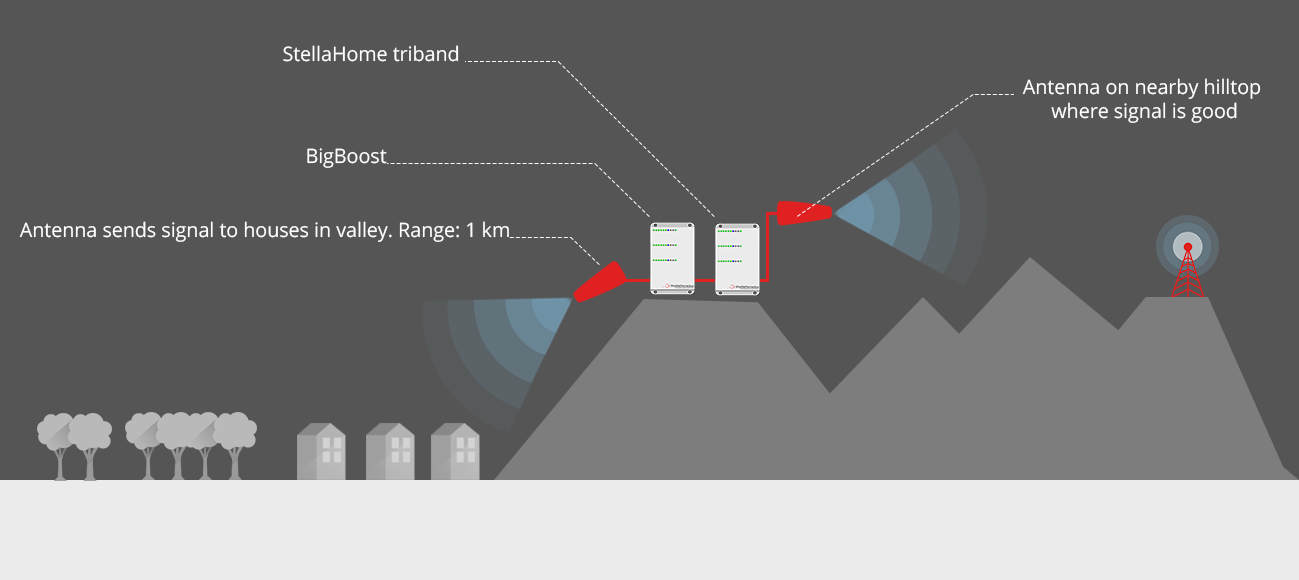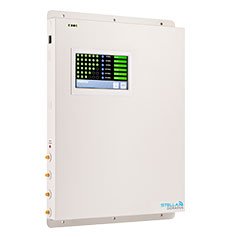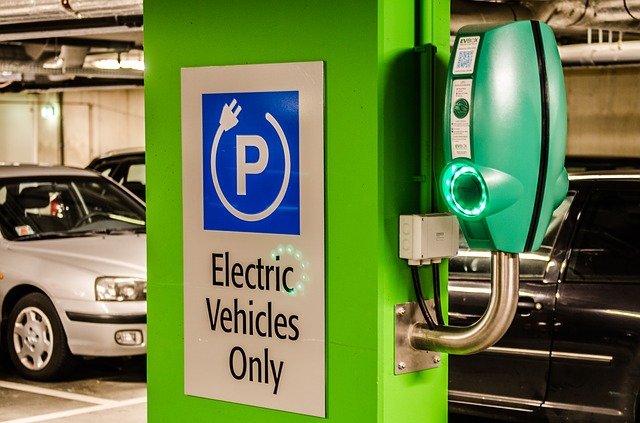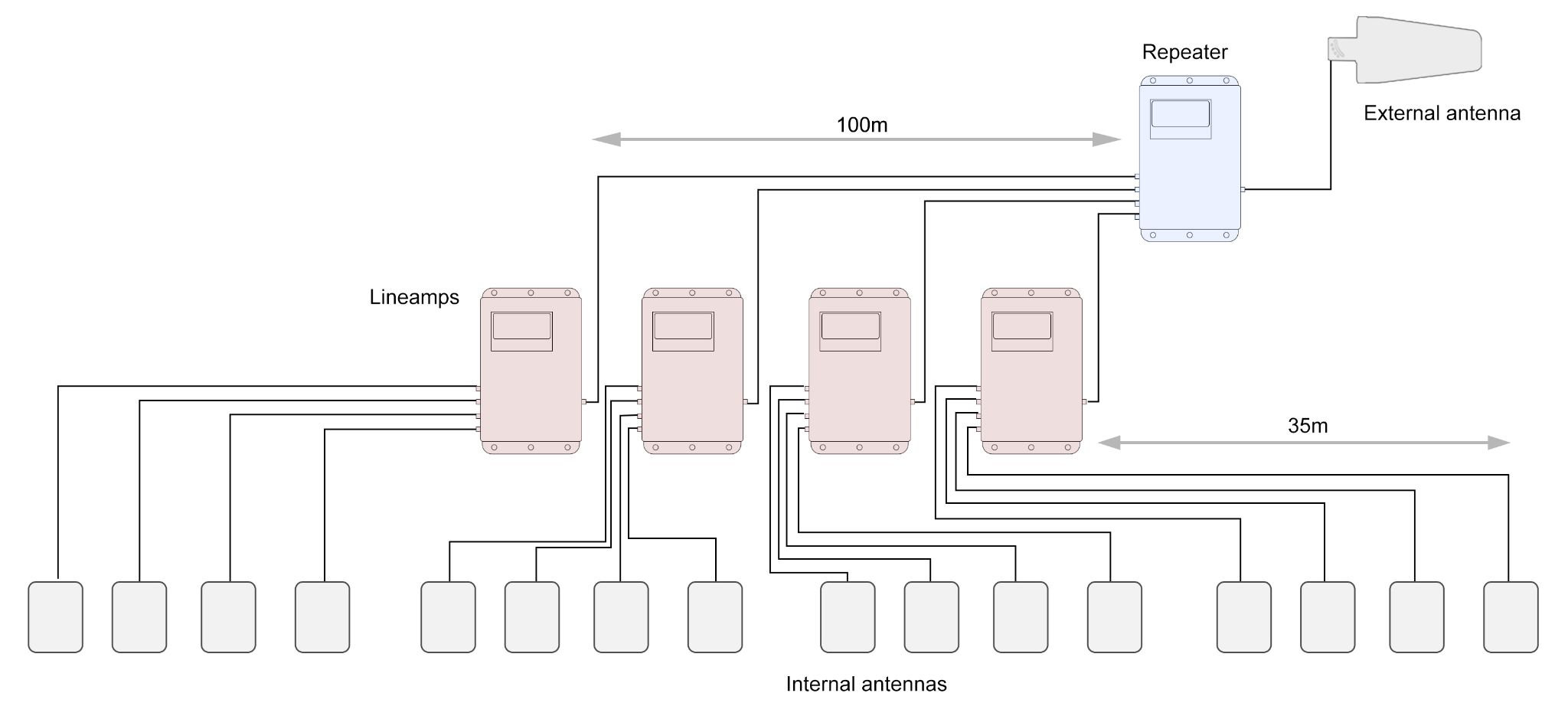

Building materials that block mobile signal


materials that block mobile signal
Many of us don’t consider mobile signal when buying our new home, or making some renovations in our business facilities, building materials are detrimental to our mobile phone reception. We tend to focus more on other aspects, such as energy efficiency, aesthetics, or comfort.
Usually, we only discover the problem when we are already settled in our new home. We pick up our mobile phone, only to find that we don’t even have enough signal bars to be able to make a call, or to surf the Internet. We might have even missed calls or had unexpected interruptions to the service.
If we have a full signal when we go outside, how is it possible that, on going inside, we lose all the signal?
Construction materials that block mobile signal
Aesthetic or energy efficiency criteria often collide head-on when it comes to the signal reception on your mobile phone.
In the construction of modern buildings, they commonly use materials that impair your mobile reception. Here are some of them:
- Metals: This building material blocks your mobile phone signal more than any other. Metal roofs or wall insulation are an almost insurmountable barrier for the humble mobile signal.
- Low-emission glass (K glass): This glass is excellent for reducing heat loss or gain, but the downside is that it also completely blocks the mobile signal. In fact, if some signal does leak inside the building, it is usually from the edges of the window where sometimes we find wooden frames.
- Mass Concrete/ concrete block walls: Aesthetics and resistance are the benefits of this building material, but it will completely block your mobile signal.
- Plaster: With this material’s stylish look, who would have thought that a gypsum wall could cause such a weakening of your mobile signal.
- Wood: Wood does not block mobile signal. So signal will pass through wooden doors, wooden windows, no problem.

Important note:
The signal blocking properties of any material vary depending on the frequency of the mobile signal. The lower frequencies like 700,800,900MHz will propagate through materials much better than the higher frequencies, 1800,2100 and 2600MHz.
Even so, highly insulating materials, like metal and concrete will block even those lower frequencies…
How to overcome the problem of building materials that block mobile signal
We don’t have to do without the aesthetic elements we like, nor do we have to give up on effective thermal or acoustic insulation, for fear of using materials that block mobile signal.
It’s quite possible to have the same mobile signal inside our “thermal fortress” as if we were outside. Our signal repeaters use an antenna placed outside (usually on the roof) to capture the existing mobile signal. A cable then directs the signal indoors, where the amplifier does its job and sends a strong signal to the indoor antennas. The signal is then distributed to areas that previously had no mobile signal. In this way we avoid the problem of building materials that block our mobile signal.
Fully Compliant and Safe repeaters
Only a high-quality mobile signal repeater system, such as those designed and manufactured by Stella Doradus, can give you the guarantees you want and need. As they are approved by European regulators, you won’t have any problems with your service providers. Our technology ensures our mobile repeaters operate safety on the network. materials that block mobile signal
There’s a model for every need. The simplest ones can be installed by yourself, but for installations covering large areas it’s better to use professional installers. If you don’t know where to start, then contact us without any obligation.
These building materials will no longer interfere with your mobile signal. We’ll bring the signal in from the outside, directly to all the areas of your home that truly need it.












